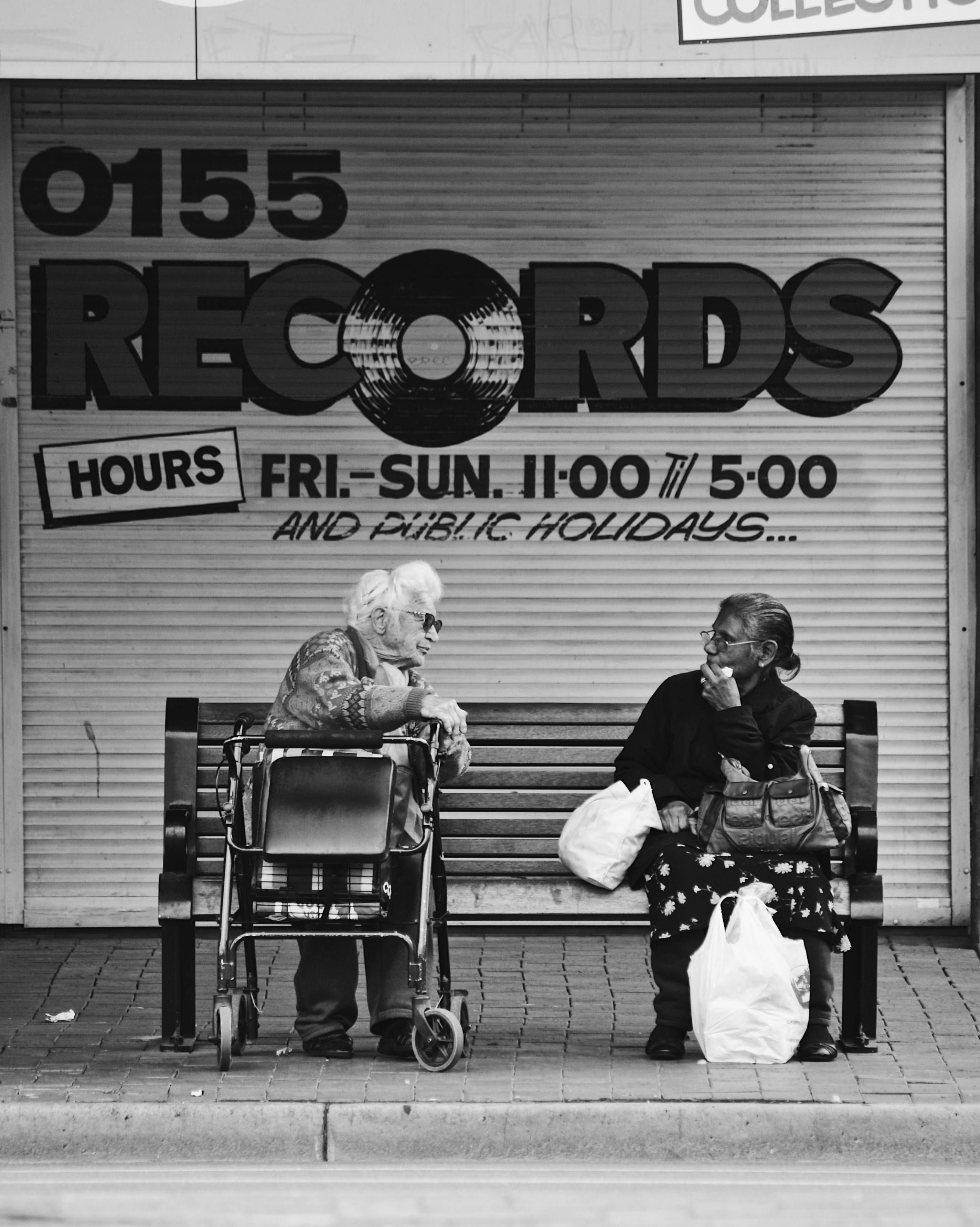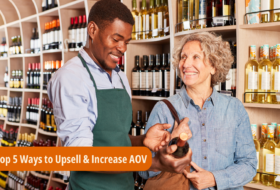From over 500 WISE mystery shops over the last two years, we know that only one out of six tasting room professionals actually assesses customers’ buying needs and then adjust the conversation accordingly. Too many of your team members get stuck in “monologue mode” and miss the unique preferences, needs and buying signals of the person in front of them. Research shows that this trap is significantly holding back both tasting room sales performance and guest satisfaction.
Is your staff talking at your guests or with them? Do you really know?
In a monologue, you talk at a person and give them your presentation. No matter how professional and educational your patter is, it’s just a one-way street. In a dialogue, you talk with a person in a relevant conversation asking questions and exchanging information. You still work in all the key points about your winery and winery – but as a natural part of the conversation and in a way that they’re receptive to it.
Ask open-ended questions to understand more about your customer – what their relationship is with your winery, with wine in general, and what they are going to be most receptive to today. You can accurately profile customers – and then adapt accordingly – by engaging them in conversation. This will give you clues on how to sell to the individual in front of you.
Monologues don’t build relationships, get club members or sell wine. Dialogues do. Dialogue leads to rapport, rapport leads to trust, and trust leads to sales.
The power of positive profiling (rather than pre-judging) and more dialogue is not only that it leads to more sales, but also customer satisfaction is actually much higher because they feel that they had a unique experience, tailored to their preferences.
What will it take for your team to evolve from monologue to dialogue?




